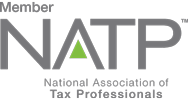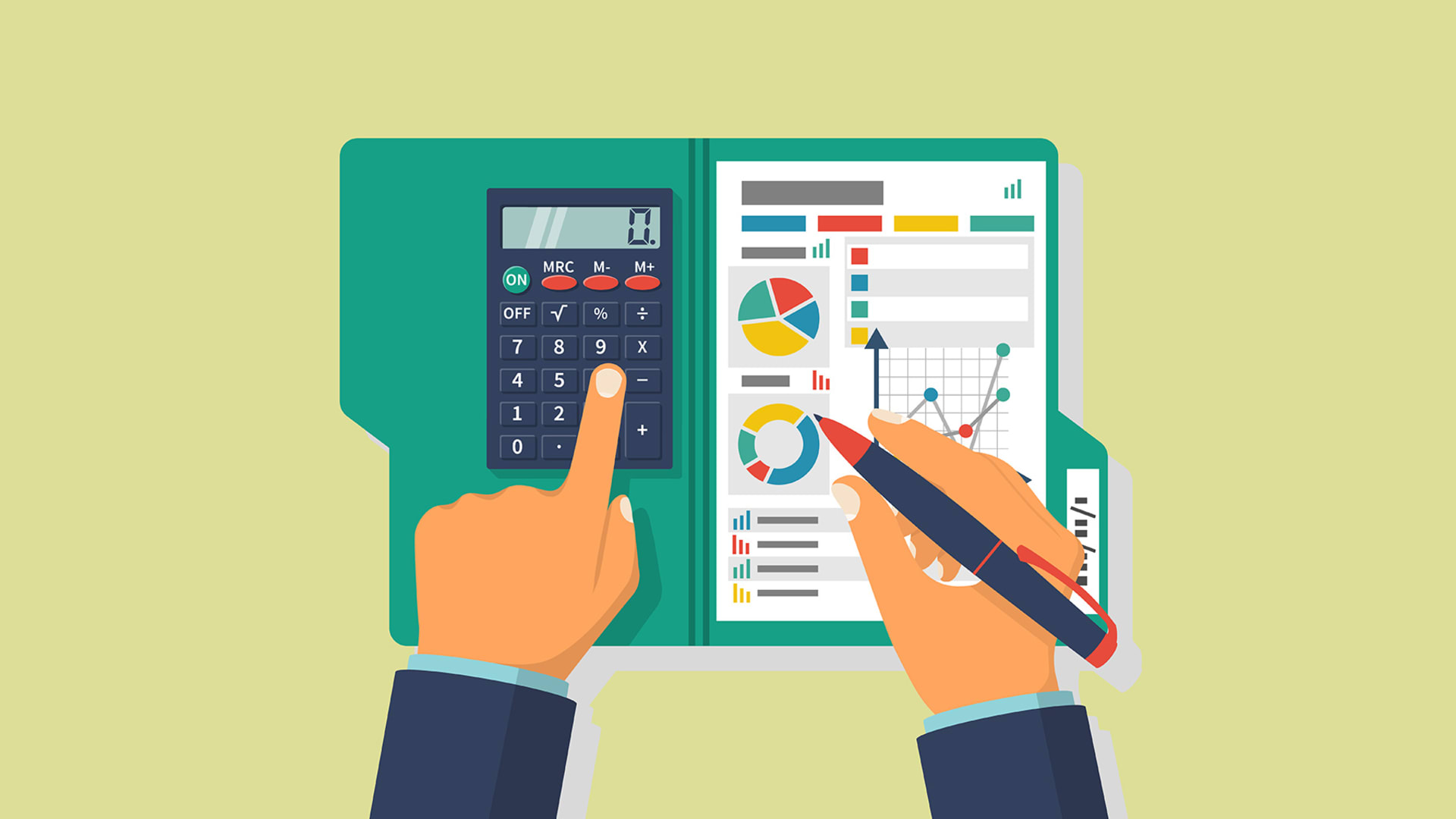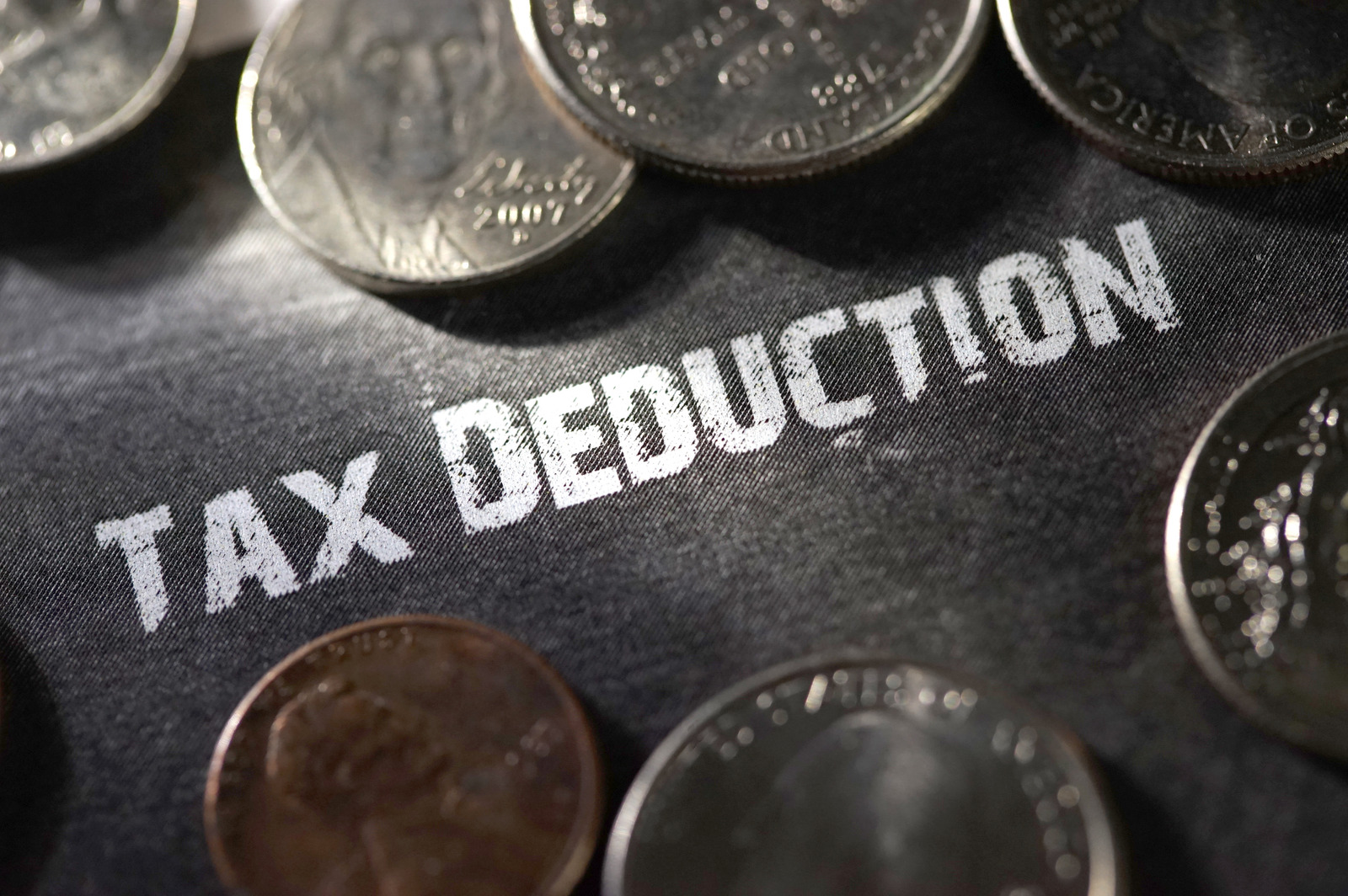Tax Preparation
Navigating the complexities of taxes can be daunting when you have a busy life. At The Tax Lady, LLC, we specialize in simplifying this process for you. Our income tax preparation services help ensure your taxes are filed on time and done correctly. More importantly, we take the time to look for ways to maximize your potential savings so you don’t pay more than you need to.
That thoroughness differentiates us from the brand name tax preparers. While the professionals at those firms are qualified and experienced, spending a lot of time with you is not usually part of their business model. Rushing through your taxes can mean lost opportunities to find savings.
Instead, we carefully review your situation and look for strategies for you to save…now and in the future.
Personalized Tax Preparation for Individuals
Every individual’s financial situation is unique, and our approach reflects that. We take the time to understand your circumstances, applying our expertise to uncover every tax benefit you’re entitled to. From basic deductions to more complex tax credits and additional forms, we ensure that your tax return is compliant and optimized for your advantage.
Experienced Tax Services for Businesses
Small business owners usually have the ability to take advantage of many aspects of the tax law. However, we find that most are too busy and understandably focused on their business. And even their accountants may be too busy to devote enough time to maximizing tax savings.
Our business tax preparation services help you file on time and capture available savings whenever possible. We understand the intricacies of business tax requirements and are adept at handling the diverse needs of sole proprietors, partnerships, LLCs, and corporations. Our goal is to minimize your tax liabilities, providing a solid foundation for your business’s growth.
Efficient and Secure Online Tax Preparation
In today’s digital age, convenience is essential, but security is paramount. That’s why we offer modern, efficient online tax preparation services. No matter where you are located, our secure digital platforms allow you to access our tax services easily, ensuring your sensitive information is always protected.
Staying Ahead of Tax Law Changes
Tax laws are constantly evolving, and staying abreast of these changes is crucial. We continuously update our knowledge and practices to reflect the latest tax regulations, ensuring that our clients benefit from every applicable tax-saving opportunity.
Commitment to Clarity and Education
We believe in keeping you involved and informed throughout the tax preparation process. We are dedicated to explaining the nuances of your tax situation in understandable terms, ensuring that you’re not just a bystander in your tax journey.











